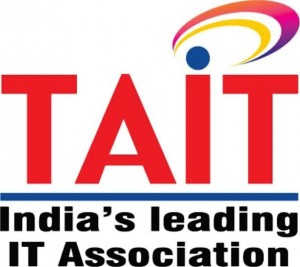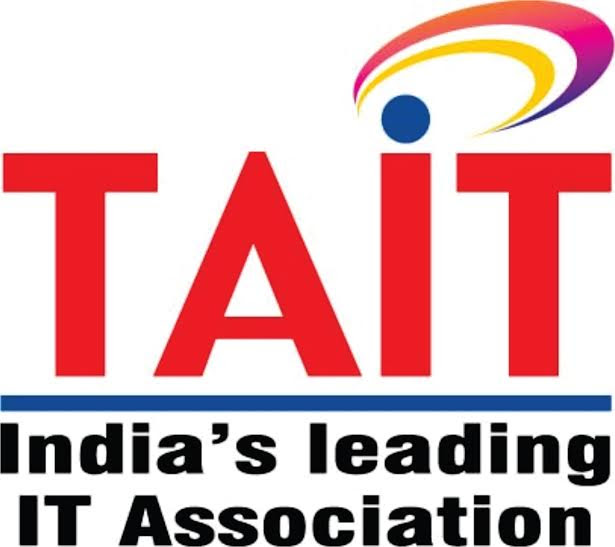Mumbai’s iconic dabbawalas are known for their efficient management skills serving more than 2,00,000 customers  across the city every day. Their professional business approach has motivated large corporate giants to incorporate their strategies to ensure a seamless customer focus and smooth performance management in all aspects of their business.
across the city every day. Their professional business approach has motivated large corporate giants to incorporate their strategies to ensure a seamless customer focus and smooth performance management in all aspects of their business.
Taking a cue from these developments, the premier association of IT companies Trade Association of Information Technology (TAIT) organized a knowledge series workshop on effective logistics and supply chain management, built on an analysis of the procedures followed by Mumbai’s iconic dabbawalas.
Dr. Pawan G. Agrawal, Founder and President of Kamalabai Educational and Charitable Trust, Mumbai elucidated on the supply chain management system of the Mumbai dabbawalas, right up to the minutest detail. He elaborated as to how this century old system had successfully handled every logistical challenge offered by the rising day-to-day complexity of Mumbai city’s bursting population, traffic and stretched infrastructure.
Sharing the ‘Six Sigma’ standard of delivering ‘tiffin’ boxes, Dr. Pawan G. Agrawal, Founder and President of Kamalabai Educational and Charitable Trust, Mumbai said, “To operate a conscientious network with an error rate of just 1 in 16 million transactions is the key. The dabbawalas when on duty have the overarching objective of customer satisfaction with every single delivery they make. At the end of the day what counts is effective team work. The dabbawalas provide their services at competitive costs, maintaining timeliness and accuracy all through the process. In the days when business processes are becoming increasingly digitalized, the dabbawalas’ reliability continues to be high without the deployment of technology.”
Having started their operations in 1890, today the dabbawalas execute 800,000 transactions every day with 99.99966 per cent accuracy and cover a total area of 60-70 square kilometres. They follow the fundamentals of being passionate about their commitments, maintain consistency, accuracy, dedication to their goals, ensure effective time management and provide complete customer satisfaction.
Dr. Agrawal further said that people wonder how the dabbawalas differentiate between what one tiffin box carries vis-à-vis the next, when their services are executed sans technology and the lunch boxes undergo many change of hands on their way to the destination. The dabbawalas adopt an alphanumeric coding system. These codes such as VLP for Vile Parle (a suburb of Mumbai)residential areaare used for the source and destination and ensure that the tiffin box always reaches its intended recipient.
The dabbawala ecosystem depends on the timeless principles of organization management, process and culture. For instance, the dabbawalas maintain a strict working discipline of carrying their identity cards and not availing leave without prior notice.
Mr Rushabh Shah, President, TAIT said, “Larger organisations with many resources have a lot to learn from the Mumbai dabbawalas’ simple system strategy. They have become the subject of academic inquiry. I am obliged to have Dr. Agrawal here to share his insights with our IT community comprising distributors, sub-distributors and resellers, system integrators and service providers. The dabbawala strategy offers a lot that other businesses can learn from and imbibe.”









